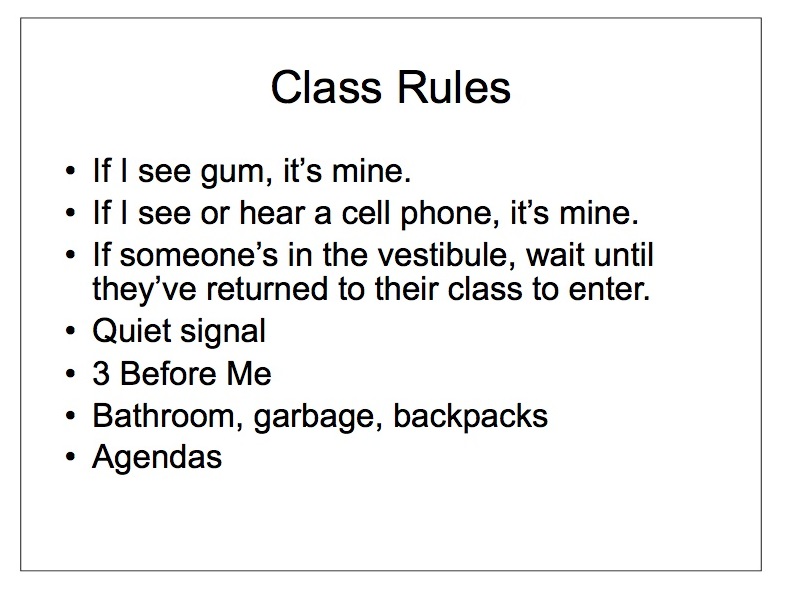A regulation MLB baseball sits on my desk in a plexiglass cube. It is accompanied by a ticket stub from the game of its provinence – May 12, 2001 Reds vs. Astros, Cinergy Field, Aisle 105, Row 10, Seat 2.
I wasn’t at the game. I didn’t catch the ball, nor was it tossed to me by one of the players during batting practice.
The best of us realize the value of connectedness beyond the days when these young people are in our charge.
The ball has a signature on it. I don’t know how many times I’ve looked at it – Scooter Gennett #11. The S in Scooter is fashioned to look like a lightning bolt. The rest of the text is in the cursive of a young hand.
Scooter was 11 at the time. He’s 25 now and playing pro ball for the Milwaukee Brewers. When he handed me the cube at the end of my first year of teaching, he was just finishing 8th grade. The ball means something to me because it meant something to him and he handed it to me, I’ve always believed, to fill the space between us when our year as teacher and student ended and he headed off to his last four years before being a professional baseball player.
This ball has made 5 moves across as many states, and it lives near the box of things I’ll grab on my way out of the house in the event of a fire.
Scooter, or Ryan as I insisted on calling him, gives me the tremendous gift of knowing where he is and what he’s up to by way of being in the public spotlight.
This past weekend, I got to share a couple of meals with former students while I was in Philadelphia for ISTE. A recent education grad, an employee of the city, another college grad on his way to a pottery studio to make his art, a film-turned-communication major, and a neurobiology major who might want to be an engineer or a dentist.
We sat at these meals and I shared as briefly as possible what I’ve been up to since we’d last met. Then, I got to find out who they’d become in these newest versions of themselves. They are beautiful. They are tremendous. They give me hope for the People we will become – together.
I don’t know what it was like to teach students with whom I couldn’t connect after they’d left my classroom. I find it difficult to imagine a world where I don’t get to see status updates of their growings and mistakes, their discoveries and setbacks. Simply saying goodbye at the end of 180 days is a foreign idea.
I’d be able to find Ryan, sorry – Scooter – with a google search no matter what. To be able to shoot out a message when I’m coming to town and be able to sit down and hear about their lives first-hand, though, that is an affordance of the modern world.
What’s more, it speaks to the communities I hope schools will be. More than once, I’ve said to parting students, “Let me know what you need, and I’ll do my best to help you out. It doesn’t matter how long it’s been.” I’ve meant it every time.
Perhaps that’s a part of the new contract that’s written between teachers and students rather than districts and unions. The best of us realize the value of connectedness beyond the days when these young people are in our charge.
That’s a world I want to live in, and it’s what I want to model. I want my students to know I’ll be here. I want them to see that as a way of caring for those around them.
Yes, to those who read these words and worry about boundaries, perhaps this approach invites difficult conversations about what I can’t do to help students. It’s true. When I think about those students I’ve lost or the world has lost after I’m no longer their teacher, though, I’d much rather have the difficult conversation than grieve a life that might have been.
Much is made of the importance of lifelong learners. This weekend, and this baseball sitting on my desk, make me wonder if we’re not missing a chance to think about lifelong teachers.
